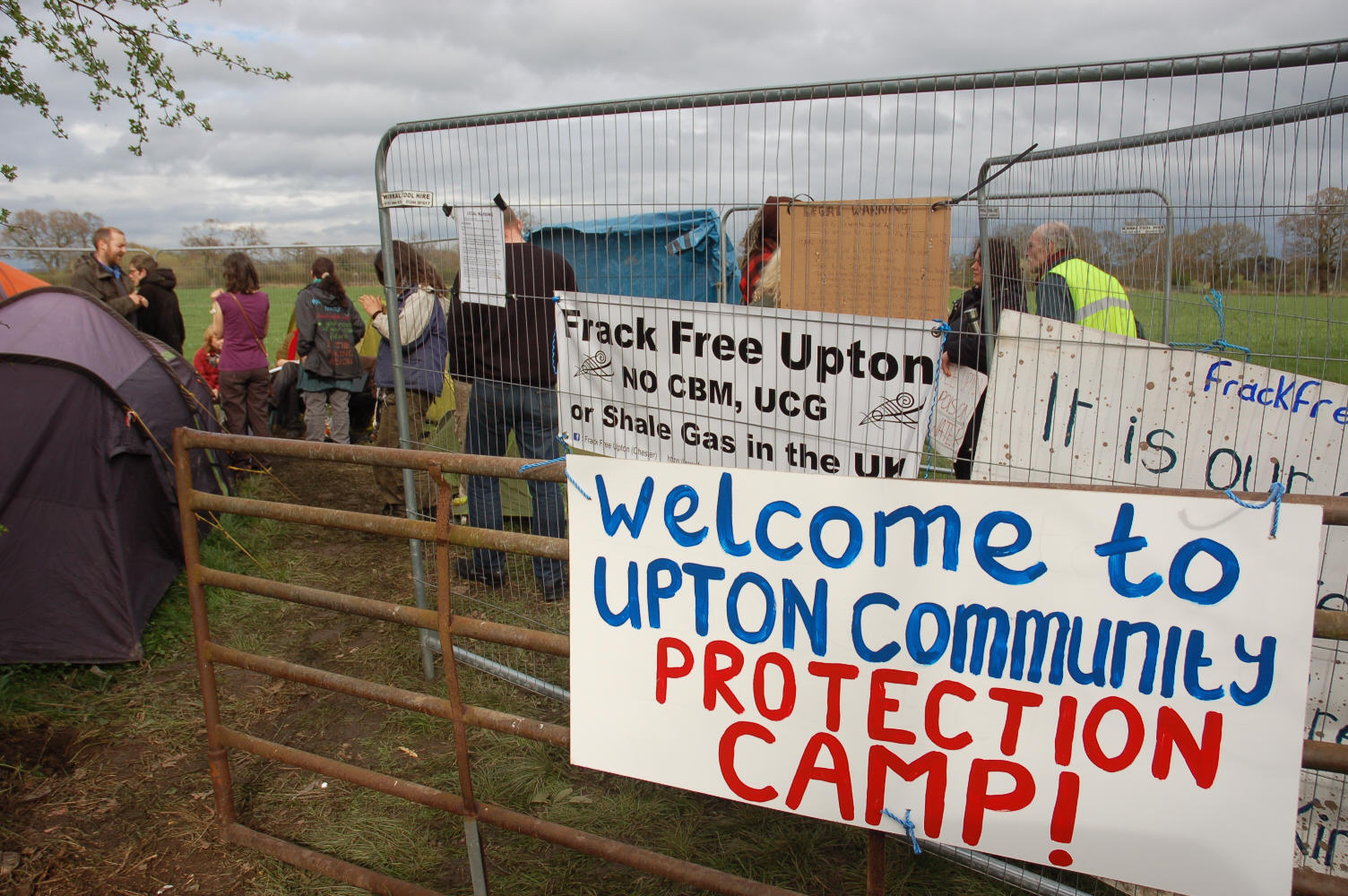The policing of anti-fracking protests ‘violent’ and ‘unpredictable’, according to monitoring group
The policing of anti-fracking protests was ‘violent’ and ‘unpredictable’, according to the campaign group Network for Police Monitoring (NetPol).
Netpol claimed the the police had deliberately targeted disabled protesters, including incidents of ‘violently dragging older people across the road’ along with ‘shoving others into speeding traffic’. According to the new report, the police have singled out disabled activists with one man being ‘repeatedly tipped’ from his wheelchair. Netpol monitors the policing of protests and its work with anti-fracking campaign groups is funded by the Joseph Rowntree Reform Trust.
Anti-fracking groups have been protesting the exploration of onshore oil and gas companies across the country and the report focuses mainly on groups in Lancashire. In the foreword to the report the Keith Taylor, Green MEP for the South East, argues that support for fracking was ‘at a record low – less than 20% of British people support the process’. ‘Meanwhile, oil and gas firms are taking out authoritarian injunctions against protesters and the government is riding roughshod over local democracy,’ Taylor continues. ‘At the same time, our fundamental right to protest is being eroded by ever more oppressive policing – which I have witnessed first-hand.’
- You can download the report (Protecting the Planet is Not a Crime) here.
- Read about Netpol’s previous report on policing anti-fracking demos here.
Netpol emphasised the continued efforts by police to stymie the effectiveness of demonstration. As well as adopting a ‘zero tolerance’ approach, no longer permitting ‘slow walk’ protests in front of lorries, forces also sought to ‘blame outsiders’ for attempting to gain access to fracking sites, despite local protest groups having called for national solidarity.
Miranda Cox, one of several local councillors who claimed to have been assaulted by police officers, was quoted in the report saying: ‘I think they want an excuse to escalate policing. They are not facilitating peaceful protest.’
The report also highlighted cooperation between police and shale and gas companies. Netpol raised concern at an ‘extremely unusual’ meeting in March between energy company Cuadrilla and the then policing minister Brandon Lewis to ‘discuss the police response to fracking protests’. Forces were accused of ‘ignoring violent and unlawful actions’ by private security employed by Cuadrilla.
The report is not the first time such allegations have been made. In July, the Guardian interviewed a demonstrator who claimed that a Cuadrilla security guard was ‘holding down [a demonstrator] and then he punched [him] on the right hand side of [his] head near [his] temple. The cops were right there and saw it.’
Netpol claimed that police actions had caused ‘a long-term legacy of resentment and distrust’ and called for an independent report into policing tactics to avoid a continuation of ‘the denial of the basic rights of campaigners’.
The article was published on November 24, 2017






